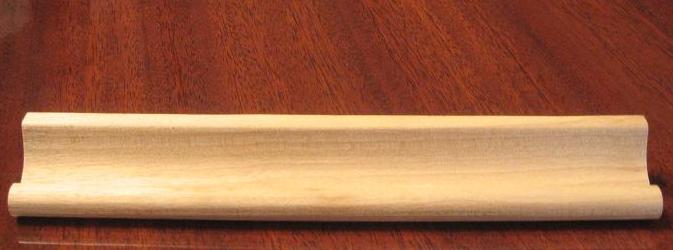Unit 1 Word Scramble

|
Embed Code - If you would like this activity on your web page, copy the script below and paste it into your web page.
Normal Size Small Size show me how
Normal Size Small Size show me how
| Question | Answer |
| Locke, Harrington, Hobbes, and Rousseau would most likely agree that | the state exists to serve the will of the people |
| A federal government is one in which | power is divided between a central and local governments |
| Characteristics of a state | population, territory, government, sovereignty |
| In a democracy, the will of the majority | cannot deprive rights of a minority |
| The purposes of government outlined in the Preamble to the Constitution | provide for the common defense, insure order and domestic tranquility, promote the general welfare, form a more perfect union, |
| Which ideas are included in the Declaration of Independence? | people have certain natural rights, government can exist only with the people's consent, the people may change or abolish the government |
| Which colony was founded mainly for personal and religious freedom | Massachusetts |
| After the Revolutionary War, the National Government | was too weak to deal with the political and economic problems |
| Benjamin Franklin's opinion of the Constitution can be summarized as | as near to perfect as possible |
| A major objective of both the Annapolis and the Philadelphia Conventions was to | recommend a federal plan for regulating interstate trade |
| The Federalist was written to | win support for the Constitution in New York |
| The words, "We the People," the Constitution establishes its authority on the basis of | popular sovereignty |
| The President's Cabinet is an example of Constitutional change by | unwritten custom |
| Which best describes the concept of limited government? | government must operate within the boundaries set forth by the people |
| A method of formal amendment | proposed by 2/3 of the Congress and ratified by 3/4 of the states |
| Which constitutional change was a result of political party practices? | |
| The basic constitutional rights of the people were FIRST set out in the | |
| The Judiciary Act of 1789 was a example of | |
| The system of federalism provides for all of the following EXCEPT | |
| Concurrent powers are those that are | |
| States must honor the legality of one another's civil laws because of the | |
| Local governments derive their power from | |
| Which is an expressed power of the National Government? | |
| Citizens who commit a crime in one state and then flee to another are to be returned under | |
| Agreements States enter into with foreign nations or other States with consent of Congress | |
| In the case McCulloch v. Maryland, what was the Supreme Court ruling based upon? | |
| Funds given to a State by the National Government with special conditions attached are | |
| The decision to raise taxes is an example of | |
| The Framers limited the power of the National Government both by creating separate branches and | |
| Through which of the following are the States denied powers? | |
| Which may have led the Framers to include the Supremacy Clause in the Constitution? | |
| Judging by the actions of Congress after the Civil War, a "republican form of government" must | |
| States gain needed resources through grants-in-aid, while the National Government gains | |
Created by:
Room 211
Popular American Government sets
